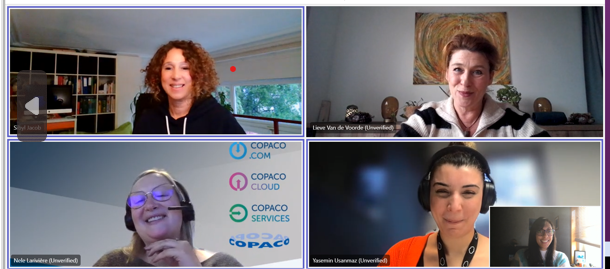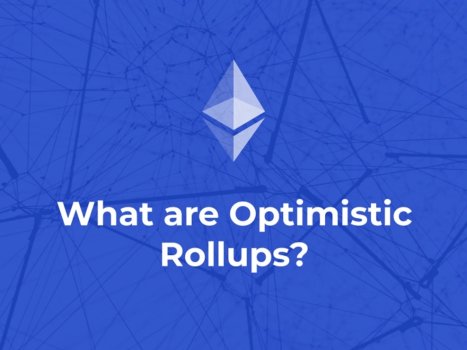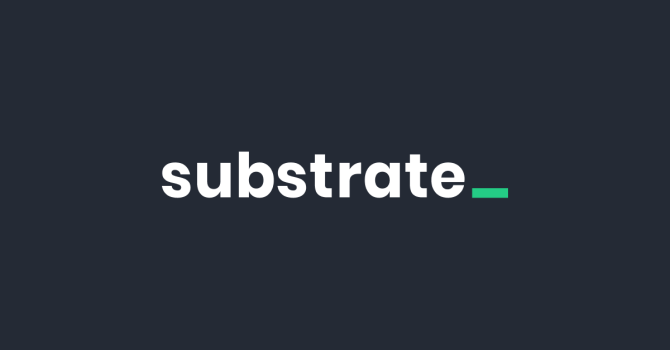Benelux NIS2 Is Coming: Here’s What You Need to Know
- Events & Meetings
- 1 Replies
Open invitation to YOU! In the beautiful city of Antwerp, we will get together with some of the brightest minds, where they will share their unique insights on the NIS2 Directive, covering everything from the legal aspects to practical applications and insurance implications.
BONUS CONTENT: We will also be discussing our new Women in Tech Initiative and brainstorm ways how we can join forces to make a real, lasting impact in this space on a global scale. Plus, we will delve into the topic of "Future-Proofing Your Company: Embracing New Management Styles" to ensure your organization stays ahead of the curve.
We look forward to welcoming you in Antwerp for our meeting. You are welcome to bring your colleagues and friends along. All we ask is that participants register for the event.
AGENDA can be found here
DATE: Thursday, 8 February 2024
START TIME: 08:30 Registration and Breakfast
NETWORKING: 17:00 Dinner & Drinks
LOCATION: Lindner WTC Hotel & City Lounge Antwerp
Lange Kievitstraat 125, 2018 Antwerpen
T.: +3232277700 [email protected]
BONUS CONTENT: We will also be discussing our new Women in Tech Initiative and brainstorm ways how we can join forces to make a real, lasting impact in this space on a global scale. Plus, we will delve into the topic of "Future-Proofing Your Company: Embracing New Management Styles" to ensure your organization stays ahead of the curve.
We look forward to welcoming you in Antwerp for our meeting. You are welcome to bring your colleagues and friends along. All we ask is that participants register for the event.
AGENDA can be found here
DATE: Thursday, 8 February 2024
START TIME: 08:30 Registration and Breakfast
NETWORKING: 17:00 Dinner & Drinks
LOCATION: Lindner WTC Hotel & City Lounge Antwerp
Lange Kievitstraat 125, 2018 Antwerpen
T.: +3232277700 [email protected]




